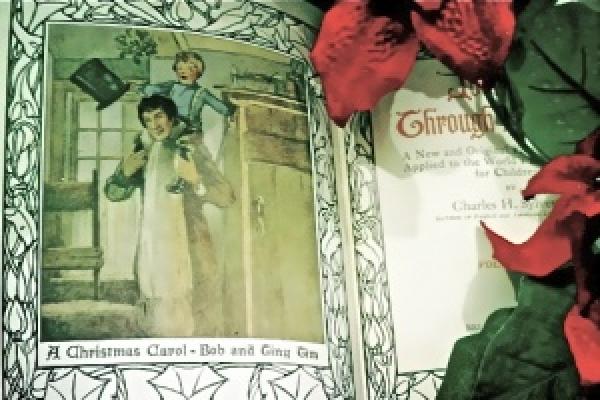Dec 24, 2011
Scrooge calls Christmas a “humbug.”
When his nephew tries to convince him otherwise, Scrooge responds:
“Merry Christmas! What right have you to be merry? What reason have you to be merry? You’re poor enough.”
The nephew retorts:
“What right have you to be dismal? What reason have you to be morose? You’re rich enough.”
The nephew concludes with this famous line about the holiday:
“Therefore, uncle, though it has never put a scrap of gold or silver in my pocket, I believe that it has done me good, and will do me good; and I say God bless it!”
Read the Full Article

Already a subscriber? Login
